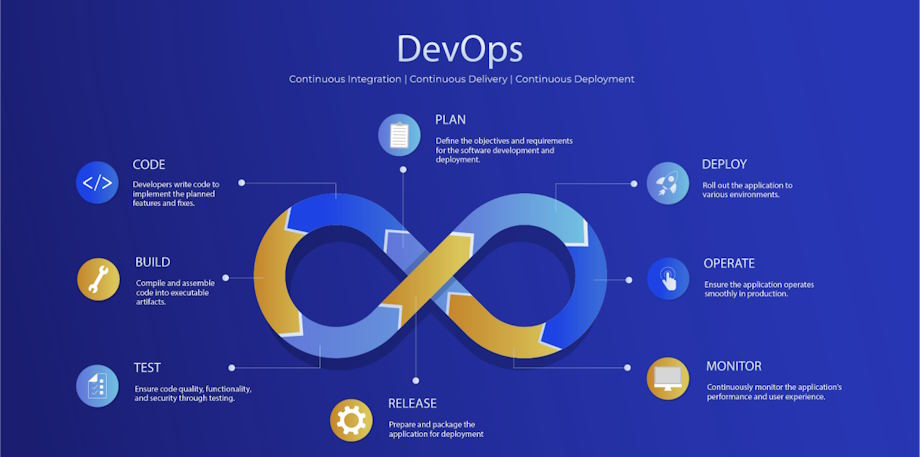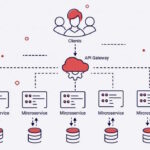DevOps and its Role in Modern Software Architecture
DevOps, a portmanteau of “Development” and “Operations,” has fundamentally reshaped modern software architecture. It is not just a set of practices but a philosophy that fosters a culture of collaboration and communication between software developers and IT professionals. In this article, we will explore the role of DevOps in modern software architecture, and how it is transforming how software is developed, deployed, maintained, and unveiling the power of DevOps in software architecture.
Integrating Development and Operations
Traditionally, development and operations teams worked in silos, often leading to conflicts and inefficiencies. DevOps breaks down these silos by integrating these teams, fostering a collaborative environment where both groups work towards a common goal: delivering high-quality software quickly and efficiently.
Accelerating Software Delivery
One of the key objectives of DevOps is to accelerate the time to market for software products. It is achieved through continuous integration and continuous deployment (CI/CD), where code changes are automatically tested and deployed to production environments. This approach ensures that new features and fixes are delivered to users rapidly and reliably.

Enhancing Quality and Reliability
DevOps practices like continuous testing and monitoring ensure that bugs or issues are identified and addressed early in the development technique. By enhancing code quality and deployment speed with DevOps best practices. It enhances the quality of the software and ensures its reliability and stability in production environments.
Fostering a Culture of Continuous Improvement
DevOps encompasses more than simply procedures and technologies; it also involves culture. It promotes a culture of continuous improvement, where teams are encouraged to experiment, learn from failures, and constantly seek ways to improve processes and tooling.

Enhancing Collaboration and Communication
DevOps emphasizes the importance of collaboration and communication among team members. Through practices like daily stand-ups, shared dashboards, and collaborative tools, teams stay aligned and informed, leading to more cohesive and efficient workflows.
Best Practices for Implementing DevOps
Start with Culture: Focus on building a collaborative culture that breaks down silos between teams.
- Embrace Automation: Automate wherever possible to increase efficiency and reduce errors.
- Implement CI/CD: Adopt continuous integration and deployment to accelerate software delivery.
- Prioritise Monitoring and Feedback: Implement robust monitoring solutions and establish feedback loops to improve processes and products.
- Integrate Security: Build security into your DevOps processes from the beginning.
By fostering collaboration, automating workflows, and integrating development with operations, DevOps redefines software development practices like helping organizations respond rapidly to market changes, meet customer needs effectively, and stay competitive in the fast-paced world of technology.






























